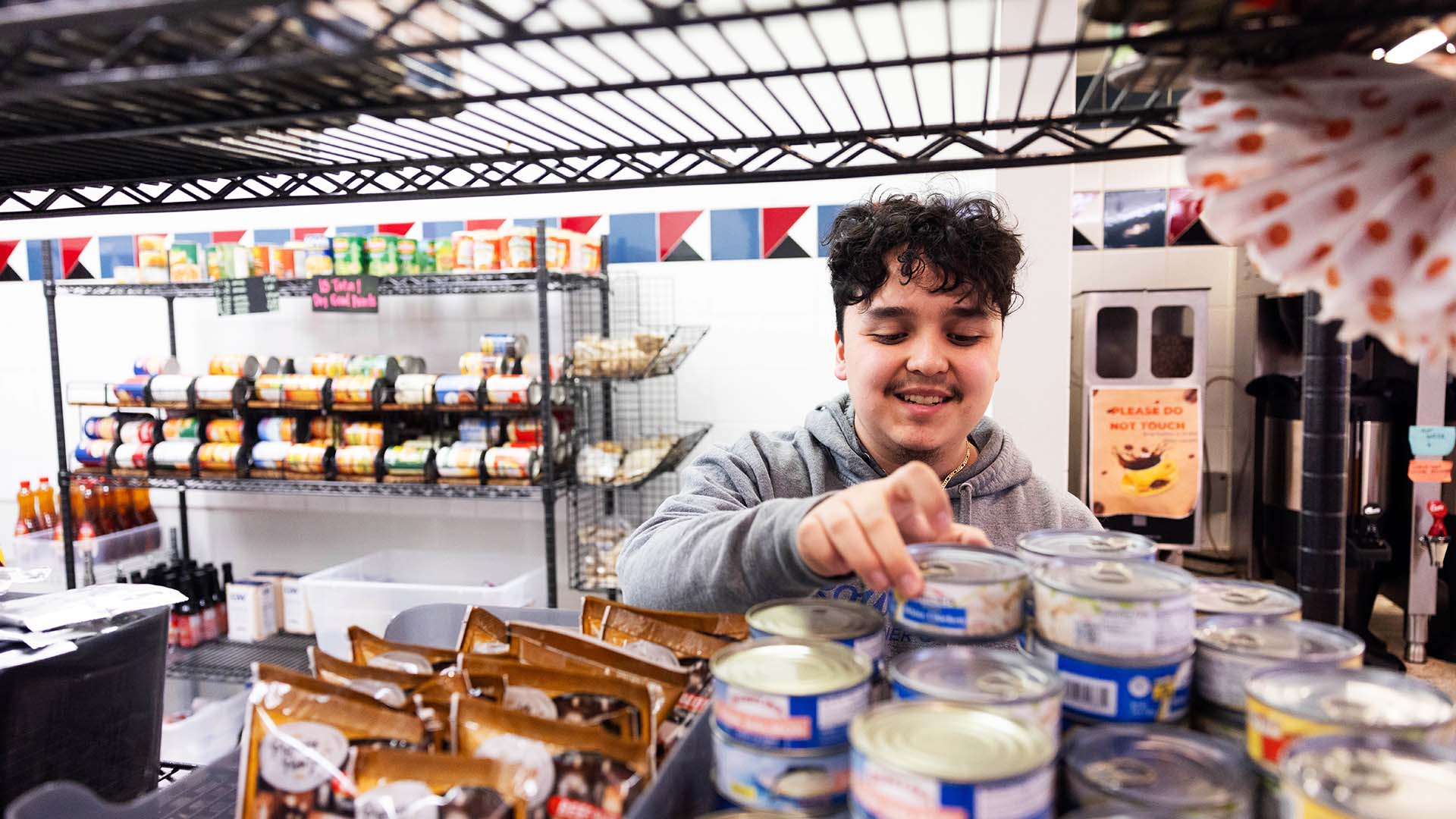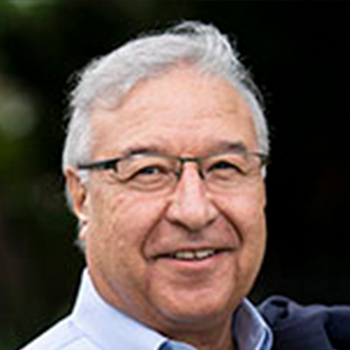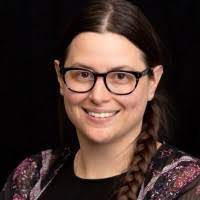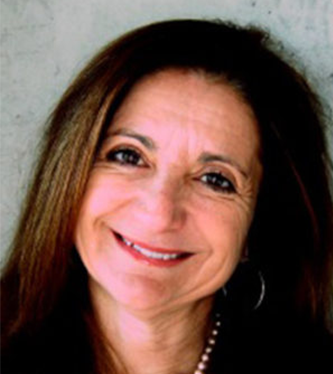Federal grants support future mental-health professionals
Demand for diverse mental- and behavioral-health professionals in Colorado has never been greater. Here’s how federal grants awarded to MSU Denver support the students who will meet those needs in underserved and rural communities.
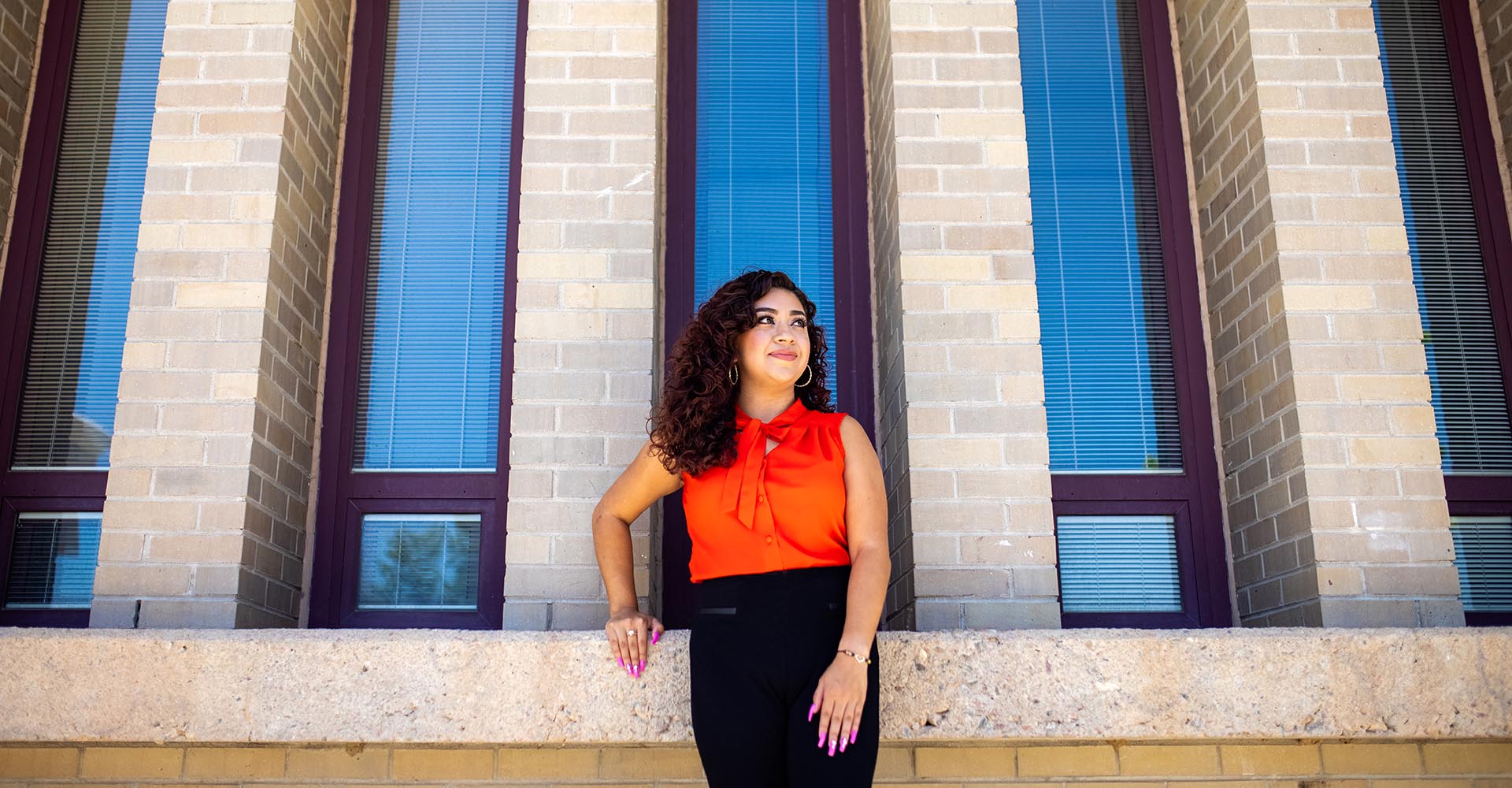
Linda Medina Martinez recalls being an anxious first-grader at Fort Logan Elementary School. As a Mexican immigrant who had recently arrived in Denver, she had to navigate an unfamiliar system in a new country.
Today, the 26-year-old is a social worker in the same school district at Alice Terry Elementary, where she provides support for students and families facing similar barriers.
Medina Martinez knows that support makes a difference. In 2019, the final year of her Master of Social Work Program at Metropolitan State University of Denver, she received financial assistance and career training through a Health Resources and Services Administration grant. A $10,000 one-year stipend enabled the first-generation college graduate to supplement her income while she finished classes, interned at Denver Health and worked a part-time job.
As a Deferred Action for Childhood Arrivals student, Medina Martinez was not eligible for federal or state financial aid, leaving her to live off credit cards and rack up debt. “The HRSA grant alleviated some of those financial challenges,” she said. “When your basic needs are being met, you can thrive.”
Medina Martinez is one of 612 MSU Denver students who have benefited from HRSA Behavioral Health Workforce Education and Training grants in the past seven years. The University in June received its latest grant, a four-year award totaling $1.92 million that will support diverse HRSA Scholars in the MSW Program as they are trained to deliver culturally responsive behavioral-health services to children, youth and transitional-age youth in medically underserved, rural and frontier communities.

The new funding expands the scope of work completed through four previous HRSA BHWET grants, which with the latest have directed more than $6 million to MSU Denver.
“Awards cover most of the cost for the whole academic year, which makes a huge difference for our students,” said Dawn Matera Bassett, Ph.D., professor of Social Work and principal investigator for the grants. “But they also provide additional evidence-based training to help students serve the unique needs of Colorado communities.”
Matera Bassett said the demand for diverse mental- and behavioral-health professionals in Colorado has never been higher as workforce need has surpassed the ability to recruit and train practitioners. According to the Colorado Department of Public Health and Environment, Colorado has shortages of mental-health professionals in 57 of 64 counties. The HRSA’s Bureau of Health Workforce reports that the percentage of need met by mental-health professionals in Colorado is only 31.2% as of March.
Exemplary program
Xavier Becerra, U.S. secretary of Health and Human Services, visited MSU Denver on June 18 for a meeting to celebrate the University’s impact through HRSA grants and to discuss future funding priorities.
Matera Bassett said the secretary chose MSU Denver because it is an exemplary site with a focus on cultural responsiveness, community partnership and diverse graduates.
Becerra echoed that sentiment. “We need more programs like this,” he said. “We want to experience where there has been some success, and we want to know where to invest the next tranche of dollars.”

Among the areas participants suggested for further investment were technology infrastructure to enhance telehealth for people in remote areas; trauma-informed care; and partnership with law enforcement to respond to behavioral-health crises.
Medina Martinez, who shared her thoughts with the secretary, emphasized the need for more people of color in social work, particularly as leaders. She cited her work with immigrant families as evidence for how shared experience can help build trust and provide better outcomes.
Enid Nieves, director of Hotline Services at the Center for Trauma & Resilience and an intern-site supervisor, said she sees HRSA Scholars put their life experience and well-rounded education to work every day.
“I feel like they are uniquely prepared to deal with the different needs of communities we serve,” she said.
The center has hired three former HRSA Scholars. And Nieves said the caliber of the students inspired her to enroll in MSU Denver’s MSW Program last fall after nearly 15 years in the field.
Competitive process
The HRSA grant-application process is highly competitive, said Matera Bassett, with approximately 100 grants awarded nationwide each year.
MSU Denver’s success in receiving this competitive funding – averaging nearly one grant per year – is a result of the Social Work team’s dedication to the application and implementation process, Matera Bassett said.
Jess Retrum, Ph.D., chair and associate professor in the Department of Social Work, said HRSA grants typically support about 25 of 180 final-year MSW students.
Each candidate completes an application and interviews with faculty members and HRSA-specific site leaders.
Selected students not only benefit from the generous stipend but get access to monthly training. Medina Martinez said the telehealth seminar, held prior to the pandemic, taught her best practices for online sessions that she implemented over the past year.
Retrum said the University’s MSW team will continue to apply for HRSA grants as part of its focus on students.
“We are constantly looking for grants to support our first-generation and diverse students,” she said, “so they can go back and make real change in their communities. That’s the legacy of this program.”

